Properties of Steam
Some Common Terminology :
Saturated Steam : is pure steam at the temperature that corresponds to the boiling temperature of water at the existing pressure.
Absolute and Gauge Pressures : Absolute pressure is pressure in pounds per square inch (psia) above a perfect vacuum. Gauge pressure is pressure in pounds per square inch above atmospheric pressure which is 14.7 pounds per square inch absolute. Gauge pressure (psig) plus 14.7 equals absolute pressure. Or, absolute pressure minus 14.7 equals gauge pressure.
Pressure/Temperature Relationship : For every pressure of pure saturated steam there is a corresponding temperature. Example: The temperature of 17 Kg/cm2g (250 psig) pure steam is always 206.1OC (406°F).
Heat of Saturated Liquid : This is the amount of heat required to raise the temperature of unit mass that is 1.0Kg (1.0lb) of water from 0OC (32°F) to the boiling point at the applied pressure. It is expressed in Kilo-Calorie (kCal) [British thermal units (Btu)]. This also known as Sensible Heat.
Latent Heat : Heat quantity responsible only for changing the phase of any material without changing its pressure & temperature is known as Latent Heat of that material for particular that phase change. Phase change of materials only can possible at saturation temp of applied pressure. Quantity of latent heat is always same for same material, at same pressure for particular phase change, qty also same for reverse phase change at same condition.
For a material at constant pressure -
Latent Heat of Vaporization = Latent Heat of Condensation
Latent Heat of Solidification = Latent Heat of Melting
Heat of Vaporization/evaporation of water :
This is the amount of heat required to change the state of water at its boiling temperature, into steam. It involves no change in the temperature of the Seam/Water mixture, and all the energy is used to change the state from liquid (water) to vapor (saturated steam).
The amount of heat (expressed in kCal / Btu) required to changing one Kg / Pound of boiling water to one Kg /Pound of steam at fixed applied pressure is Heat of Vaporization of water. This same amount of heat is released when one Kg / Pound of steam is condensed back into one Kg / Pound of water (Heat of Condensation of water). This heat quantity is different for every pressure / temperature combination, as shown in the steam table.
This, ‘Enthalpy of evaporation’ may be considered as the useful portion of heat in the steam for heating purposes, as it is that portion of the total heat in the steam that is extracted when the steam condenses back to water.
Total Heat of Steam :
This is the total energy in saturated steam, and is simply the sum of the enthalpy of water and the enthalpy of evaporation. The sum of the Heat of the Liquid (Sensible Heat) and Latent Heat of Vaporization in kCal / Btu. It is the total heat in steam above 0OC / 32°F.
hg = hf + hfg
Where :
hg = Total enthalpy of saturated steam in Kcal/kg (Total heat)
hf = Liquid enthalpy at saturation condition in Kcal/kg (Sensible heat)
hfg = Enthalpy of evaporation in Kcal/kg (Latent heat)
Example :
At atmospheric pressure (0 bar g), water boils at 100°C, and kCal 100 (actual 99 kCal) of energy are required to heat 1 kg of water from 0°C to its saturation temperature of 100°C. Therefore the enthalpy of water at 0 bar g and 100°C is 100 kCal/kg.
Another 540 (actual 539.8 kCal) kCal of energy are required to evaporate 1 kg of water at 100°C into 1 kg of steam at 100°C. Therefore at 0 bar g the specific enthalpy of evaporation is 540 kCal/kg.
Therefore :
Total enthalpy of steam hg = 100 + 540 = 640 kCal/kg. (Actual 638.8 kCal/kg).
At 7.0bar-g, the saturation temperature of water is 170°C. More heat energy is required to raise its temperature to saturation point at 7.0bar-g than would be needed if the water were at atmospheric pressure. The Steam table gives a value of 171 kCal to raise 1 kg of water from 0°C to its saturation temperature of 170°C at 7.0bar-g.
The heat energy (enthalpy of evaporation) needed by the water at 7 bar-g to change it into steam is 489.8 kCal/kg, actually less than the heat energy required at atmospheric pr. This is because the specific enthalpy of evaporation decreases as the steam pressure increases.

 Aerated Concrete Block Industry
Aerated Concrete Block Industry 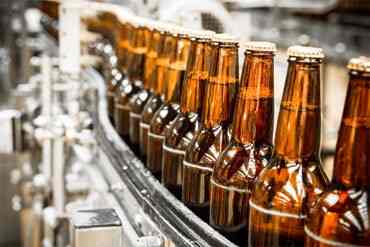 Brewery Industry
Brewery Industry 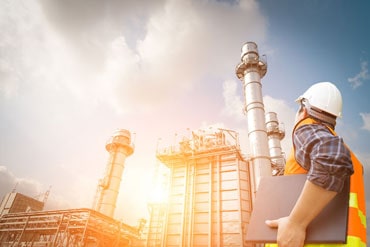 Captive Cogen Industry
Captive Cogen Industry 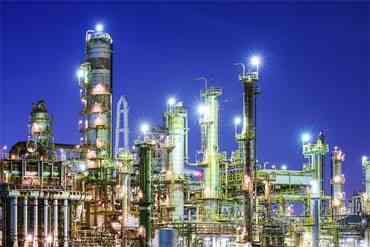 Chemical Industry
Chemical Industry  Dairy Industry
Dairy Industry 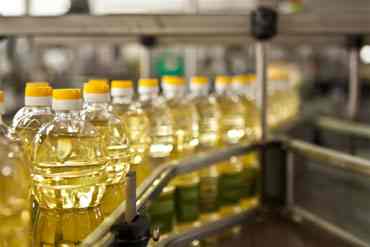 Edible Oil Industry
Edible Oil Industry 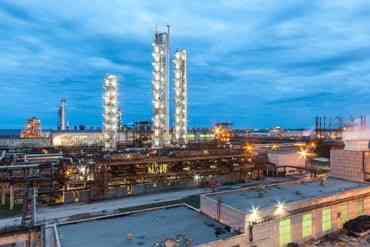 Fertilizer Industry
Fertilizer Industry  Hotel Industry
Hotel Industry 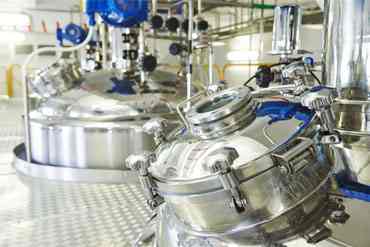 Pharma Industry
Pharma Industry 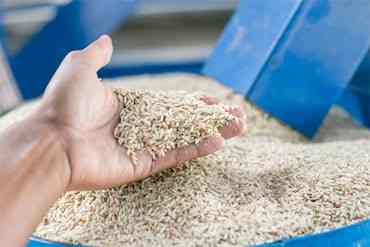 Rice Industry
Rice Industry 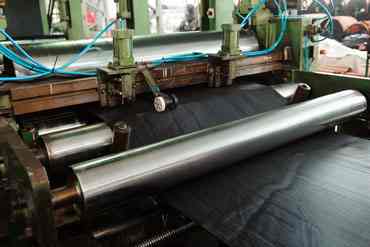 Rubber Industry
Rubber Industry  Soap Industry
Soap Industry 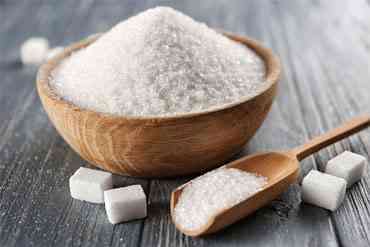 Sugar Industry
Sugar Industry  Textile Industry
Textile Industry 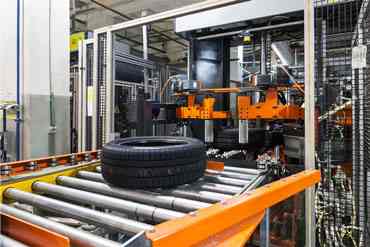 Tyre Industry
Tyre Industry